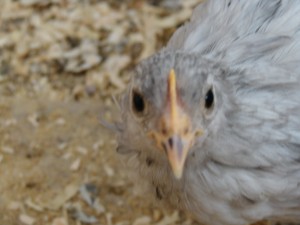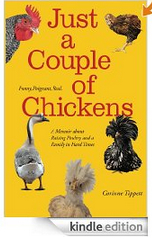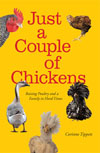POD is a good way to get a book ASAP as long as you have a PDF.
Print On Demand (POD) is the heart of the new publishing revolution. A publisher, or author, or pretty much anyone with a PDF (Portable Document Format) file (an electronic copy of your book, already formatted, sized, and totally ready to print) can upload the file to a POD (Print-On-Demand) supplier and order up a single copy of the book. The cover of the book is usually a separate PDF file, uploaded at the same time. The important point here is that the PDF file is totally ready to go – no edits or adjustments required. The POD company prints either a single copy of the book, or as many as you have ordered, and ships it out. Fast.
Print On Demand is a tool that self publishers can use. Traditional publishers can use it too.
When someone orders my book through Amazon.com, they are ordering up a POD copy. I do not have a stock of printed books sitting in an Amazon warehouse in one of their strategically placed supply centers… although I could do that if I wanted to. I could have the books printed up ahead of time and shipped to that center, then Amazon would pull one from inventory and ship it out. This is a core difference between me, a self published author, and Simon & Schuster, a massive, big, respected, resourced, old-school, traditional publisher. Or one core difference, among others. Because I don’t have that big book inventory sitting in a warehouse, I don’t have all that money tied up there either.
Print On Demand also makes it possible that no book needs to go Out of Print ever again, as long as there are servers and electronic data in the world. Many books that existed before the publishing revolution are not yet available POD and so are still Out of Print… but this is a main strength of electronic publishing. Ebooks are another, but that’s another post for another day.
AND, this is a new industry. A new science. It has bugs.
I recently added a disclaimer paragraph to my PDF file at Amazon that tells my reader that their book was from a Print On Demand supplier, and if it is not perfectly printed, to please contact me at www.TheWestchesterPress.com. Because I had tested the system, and been in contact with readers, and some people got books that were not perfectly trimmed or perfectly printed. Quality control was running at about 90%, which still left some readers getting weird-looking books – and this was my only way to combat that issue.
But the benefits truly outweigh those problems, and Print On Demand is a wonderful thing… it makes Self Publishing possible.









